Yahoo Sports
Baseball’s ‘wannabe environmentalist’ thrives with a fastball that doesn’t have any gas
Jeff Passan, Yahoo Sports March 13, 2018

MARYVALE, Ariz. – Of all the questions that distressed Brent Suter before the Milwaukee Brewers summoned him to the major leagues in 2016 – how his 85-mph fastball would play against the world’s finest hitters or how the rigors of big league life would suit him – only one vexed him enough to ask his Triple-A teammates: Could he bring his food tray?
Suter reached into his locker last week at the Brewers’ spring-training complex and pulled out Smart Planet’s collapsible Eco Meal Kit. He showed how its silicone bottom expanded and raved about the recyclable plastic fork-spoon combination that snapped into the cover. When his teammates tuck into pre- and post-game meals on Styrofoam plates, Suter opts for old reliable: the same reusable container that accompanies him from city to big league city.
“I’m a wannabe environmentalist,” Suter said, and in the world of Major League Baseball, populated disproportionately by conservatives compared to conservationists, the concerns over an $11 food tray were palpable. Suter, a Harvard graduate, didn’t want to paint a picture of himself any stuffier than the one his degree might.
He was, after all, a 31st-round draft pick who had ascended the Brewers’ organization on guile, deception and a fastball that, staying completely on brand, performed without gas. When he was drafted, Suter put on hold plans to join Teach for America, and over the next five years, he pitched too well for the Brewers to keep overlooking him. So up he and his tray came in 2016, and each has proven itself worthwhile ever since, with a 3.40 ERA in 103 1/3 innings and a likely starting rotation spot this season.
Suter’s interest in the environment started early in high school, when his mother rented “An Inconvenient Truth.” He started carrying a water bottle to lessen his use of plastic. He showered for 40 seconds or so on average. He studied environmental science and public policy in college and figured eventually he would wind up consulting companies on how to get greener. Last season, cognizant of farming’s harm to the environment, Suter stopped eating meat midseason. A rotator-cuff strain ended that experiment.
“I had to go back on meat,” Suter said. “Tough decision.”
Suter’s teammates do about everything that would be expected in a baseball clubhouse. He is called a tree hugger. Brewers starter Chase Anderson, a Trump supporter, occasionally refers to Suter as “Hillary.” In Suter’s rookie year, before hazing was outlawed, he wore a cheerleader’s outfit that was amended to note his love of recycling.
 Milwaukee Brewers starting pitcher Brent Suter delivers in the first inning of a baseball game against the Pittsburgh Pirates, Monday, Sept. 18, 2017 in Pittsburgh. (AP)
Milwaukee Brewers starting pitcher Brent Suter delivers in the first inning of a baseball game against the Pittsburgh Pirates, Monday, Sept. 18, 2017 in Pittsburgh. (AP)
“I’ve had teammates who just look at me and drop napkins in the trash,” Suter said. “And I go, ‘Noooo!’ And then I’ve had teammates who turn on an extra shower.”
What may surprise is that Suter also had teammates who love engaging with him in the sort of civil discourse that barely exists anymore. Over coffee and omelets, Suter, Anderson and minor leaguers Jon Perrin and Kyle Wren will discuss the environment, politics, philosophy, religion. Sometimes it’s the news of the day. Others it’s whatever they’re reading.
“This is one of the last places where you can talk openly about your background, what your beliefs are, have conversations with people from totally different backgrounds and even if you disagree, at the end of the day you still can be friends,” said Wren, a teammate of Suter’s for three years. “You’re still going out on the field and playing for each other. And I think that’s something our society has gotten away from. Just because you disagree doesn’t mean you can’t like each other.”
Currently, Wren is reading “The Moral Case for Fossil Fuels,” and he sent a picture of the book’s cover to Suter, who responded with an upside-down smiley-face emoji. Even if Wren finds himself the near-ideological opposite of Suter when it comes to the environment – he acknowledges climate change but doesn’t believe its dangers are imminent – their conversations stir something the game may not.
“When that cognitive dissonance hits you and you’re fighting it because it runs in conflict to your own beliefs,” Wren said, “I think that makes the world a better place.”
Wren has seen Suter’s influence first-hand. As he did at all of his previous minor league stops, Suter in 2016 offered to buy his teammates food trays. About 10 took him up on the offer, and half used them for the rest of the season.
“In the real world, just him doing that one thing, is he making a difference? It’s probably negligible,” Wren said. “But he’s principled. And I can respect the fact that he believes a certain thing enough to bring a recyclable lunch tray to the field. He says something about his life and lives it out.
“Even if he influences 30 people over the course of his life, that’s a lot of lives he’s changed. It can create a lot of exponential growth from his one decision to carry this lunch tray.”
The conversations invigorate Suter likewise, and the more time he spends in the major leagues, the likelier he’ll be to expand them to a broader audience. Baseball enforces a pecking order that tends to keep the most outspoken voices silent until success turns off the mute button.
“I love it so much,” Suter said. “I really enjoy the debates. We don’t attack each other or get personal. We just have our opinions and respect each other’s points.”
So when they go deep, Suter talks about the importance of water bottles: “They can save a ton of CO2.” He advocates for composting: “Not only is it good for the earth, but when you have food waste, you feel like it’s going to something good.” He encourages people to take shorter showers (while realizing the futility of this inside a postgame clubhouse). At very least, he says, don’t use running water while shaving.
The best, Wren said, came in 2016. It was so good that he screenshotted it for posterity. After he switched phones, the picture didn’t transfer over, but Wren swears that one day, out of nowhere, Suter sent him a text message that may sound farcical but was completely sincere and perfectly earnest.
“Hey,” Suter wrote, “you wanna go plant some trees today?”
 FILE PHOTO: Environmental Protection Agency (EPA) Administrator Scott Pruitt attends during a summit of Environment ministers from the G7 group of industrialized nations in Bologna, Italy, June11, 2017. REUTERS/Max Rossi
FILE PHOTO: Environmental Protection Agency (EPA) Administrator Scott Pruitt attends during a summit of Environment ministers from the G7 group of industrialized nations in Bologna, Italy, June11, 2017. REUTERS/Max Rossi

 Milwaukee Brewers starting pitcher Brent Suter delivers in the first inning of a baseball game against the Pittsburgh Pirates, Monday, Sept. 18, 2017 in Pittsburgh. (AP)
Milwaukee Brewers starting pitcher Brent Suter delivers in the first inning of a baseball game against the Pittsburgh Pirates, Monday, Sept. 18, 2017 in Pittsburgh. (AP) Kansas Secretary of State, Kris Kobach (left) and U.S. Vice President Mike Pence, attend the first meeting of the presidential advisory commission on election integrity in the Eisenhower Executive office building, on July 19, 2017 in Washington, DC. Credit: Photo by Mark Wilson/Getty Images
Kansas Secretary of State, Kris Kobach (left) and U.S. Vice President Mike Pence, attend the first meeting of the presidential advisory commission on election integrity in the Eisenhower Executive office building, on July 19, 2017 in Washington, DC. Credit: Photo by Mark Wilson/Getty Images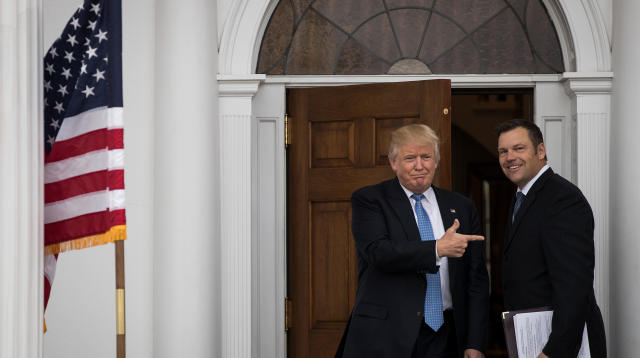 The morning after Donald Trump was elected President, Kansas Secretary of State Kris Kobach (R)
The morning after Donald Trump was elected President, Kansas Secretary of State Kris Kobach (R)  An analysis of gun-related deaths among children and a new report by the Department of Defense shows that more kids have been killed by gunfire since the Sandy Hook massacre than the number of U.S. soldiers killed overseas since 9/11.DAVID MCNEW/GETTY IMAGES
An analysis of gun-related deaths among children and a new report by the Department of Defense shows that more kids have been killed by gunfire since the Sandy Hook massacre than the number of U.S. soldiers killed overseas since 9/11.DAVID MCNEW/GETTY IMAGES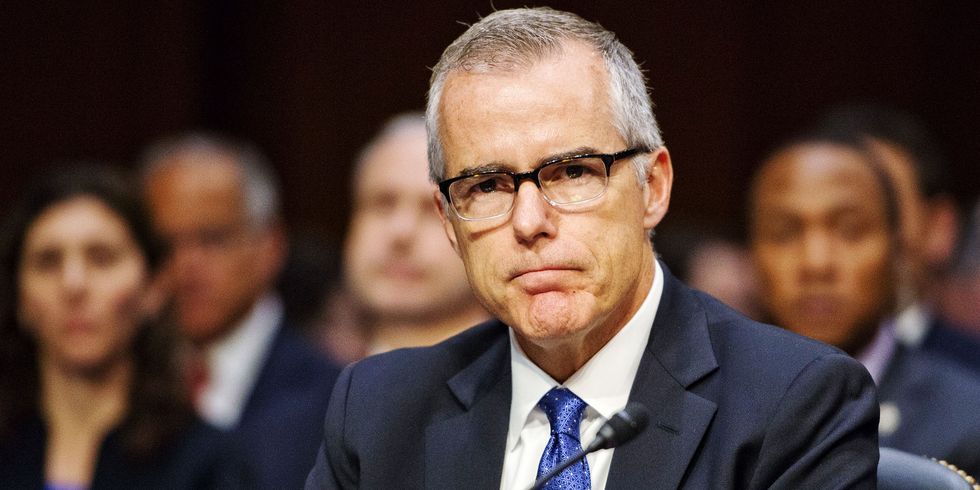 Shutterstock
Shutterstock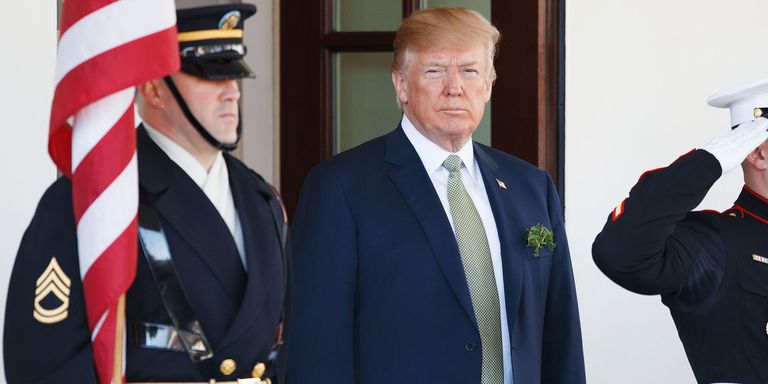 Getty Images
Getty Images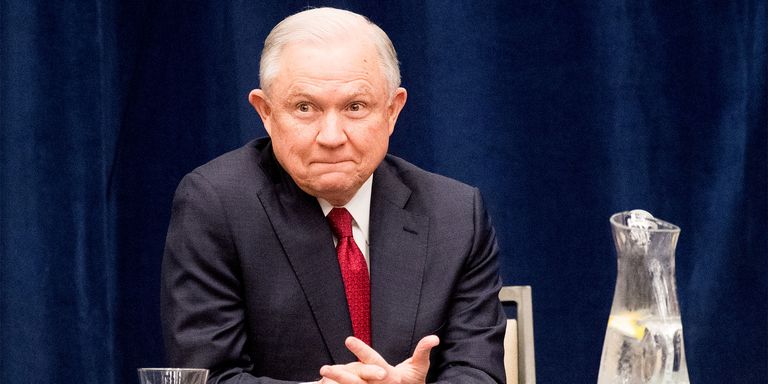 Getty Images
Getty Images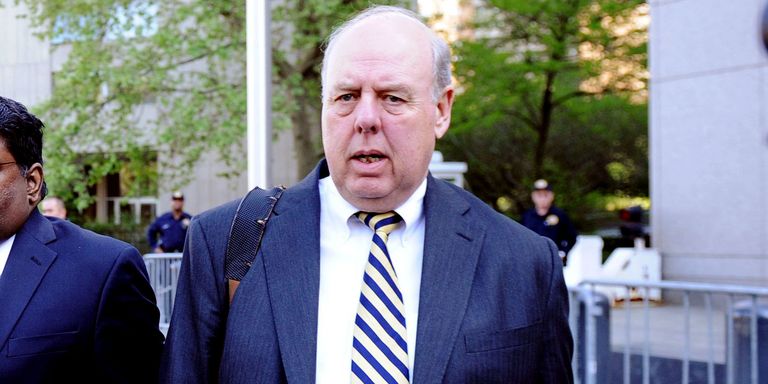 Shutterstock
Shutterstock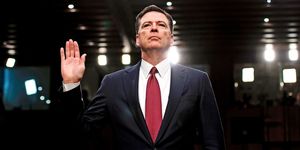
 Why not? By Alex Wong/Getty Images.
Why not? By Alex Wong/Getty Images.
 Alexander Nix (YouTube)
Alexander Nix (YouTube)